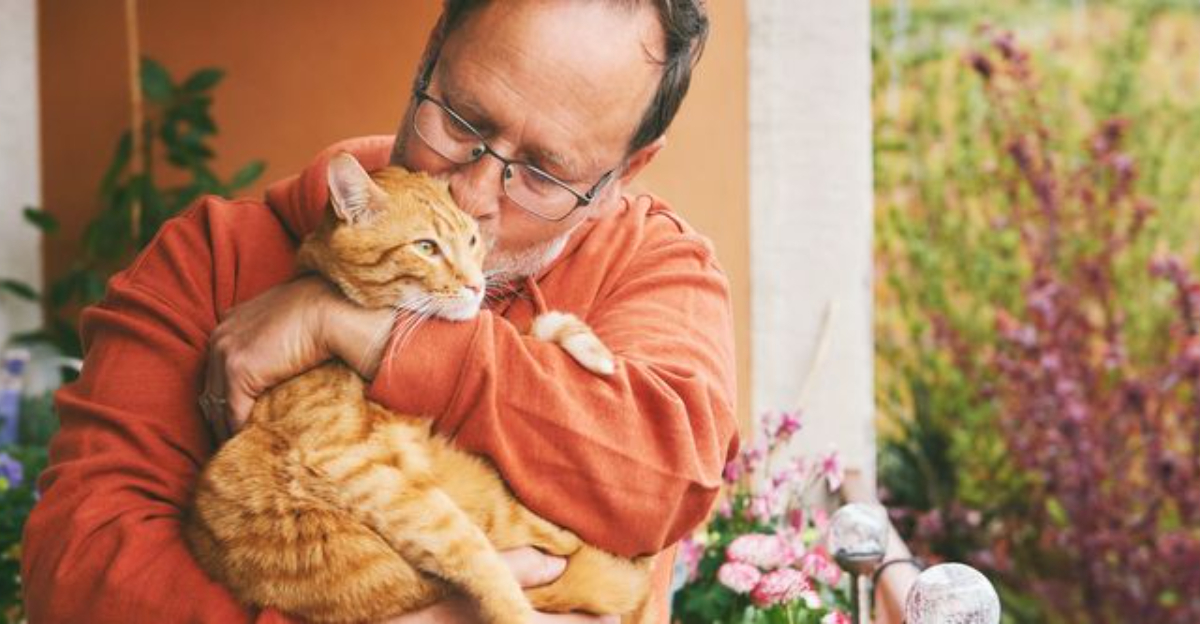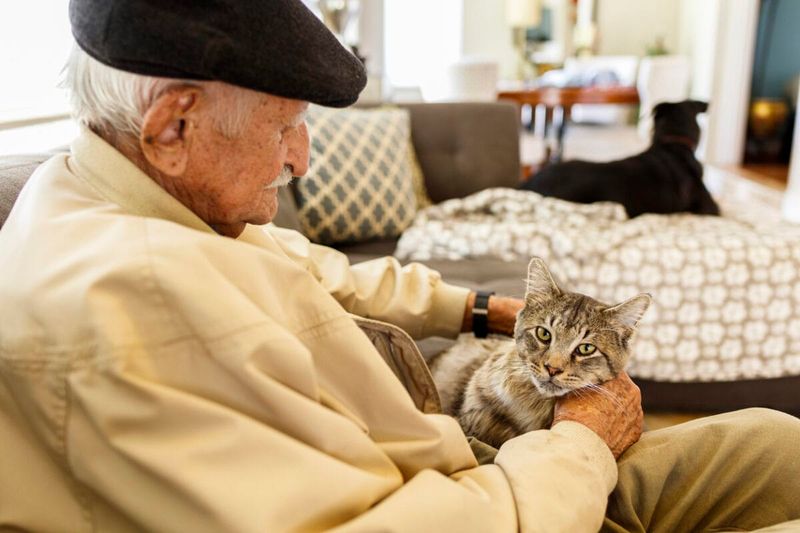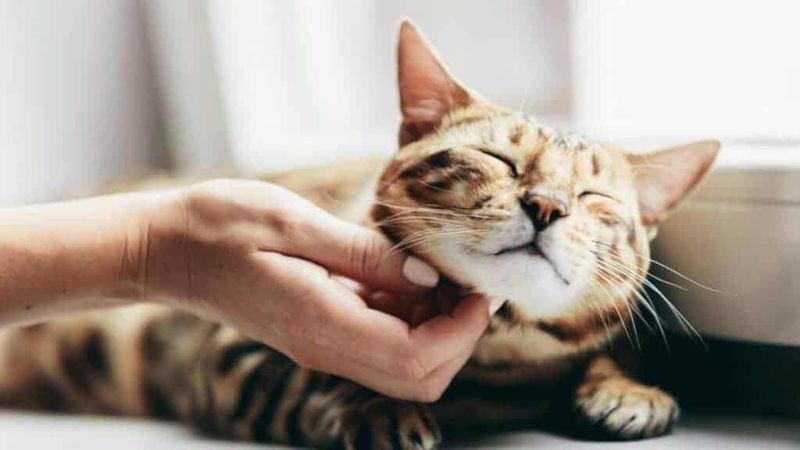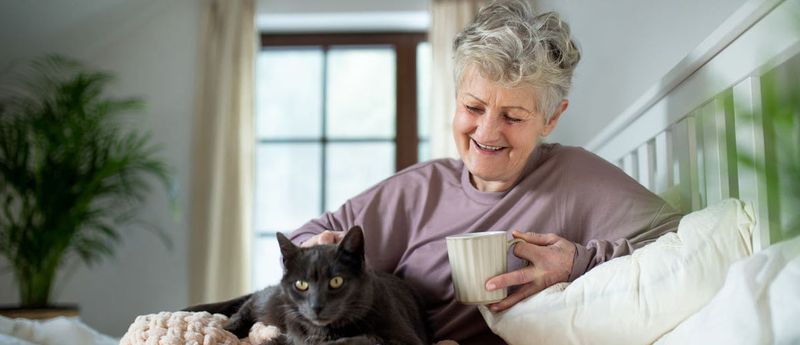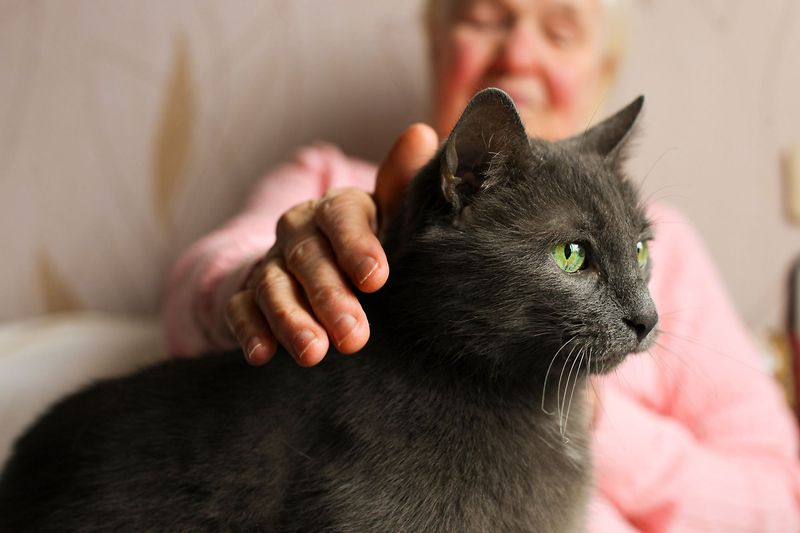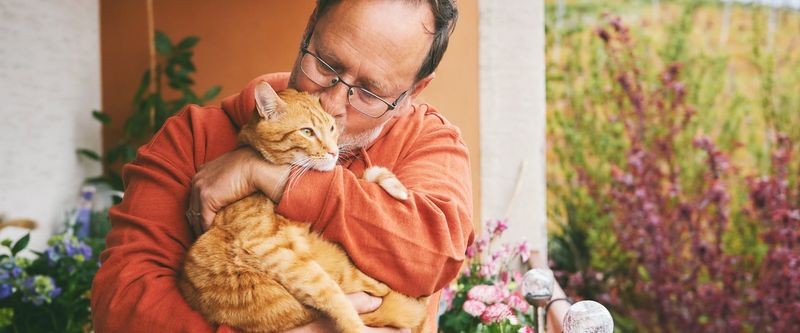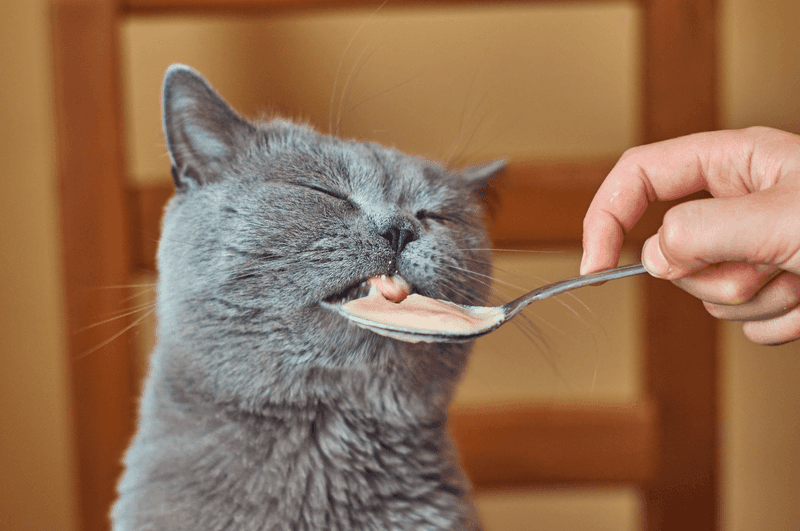📖 Table of Content:
As the Baby Boomer generation steps into retirement and embraces a slower, more introspective pace of life, the search for meaningful companionship becomes more important than ever. While friends and family are a vital part of that journey, there’s something undeniably comforting about the quiet, steady presence of a feline friend. Cats, with their intuitive nature and graceful independence, have quietly earned their place in the hearts and homes of Boomers across the country.
What makes cats so uniquely suited for this stage of life? Unlike high-energy pets that require constant attention and care, cats bring balance—offering love without overwhelm, companionship without chaos. Whether curled up on a windowsill or perched beside you on the couch, a cat adds a subtle but powerful layer of connection to daily life. Their behaviors—playful yet composed, affectionate yet self-reliant—resonate deeply with those who value both warmth and simplicity. For Baby Boomers seeking comfort, emotional support, and a touch of joy, cats offer all this and more.
This article explores eight key reasons why cats have become Baby Boomers’ best friends, highlighting not just their charm but the tangible emotional and physical benefits they bring. From reducing stress to creating structure, each advantage aligns seamlessly with the needs of older adults navigating retirement and new beginnings. Here’s why you’ll love sharing your life with a cat.
1. Stress Reduction
Purring softly in your lap, a cat creates a calming atmosphere that’s hard to match. That soothing sound isn’t just pleasant—it’s therapeutic, known to reduce stress and promote a sense of peace. Unlike noisy, demanding pets, cats excel at offering presence without pressure, giving you space while still being there. Scientific studies even suggest that interacting with cats can lower cortisol, the hormone responsible for stress. Whether you’re reading a book or sipping tea, their quiet companionship makes any moment more relaxing. You’ll often find that just a few minutes of petting your cat can turn a tense day around. In a world that rarely slows down, your cat helps you take a breath.
2. Companionship
Loneliness can quietly creep in during later years, especially as children move out or friends become distant. In those quiet moments, a cat’s companionship feels like a warm, comforting thread that weaves into the fabric of daily life. Their affectionate nudges, soft purrs, and habitual presence transform a silent room into a shared space. Unlike digital distractions or fleeting conversations, a cat offers consistent, living companionship. They don’t judge, interrupt, or grow impatient—they simply stay with you. Even mundane activities, like folding laundry or watching TV, feel a little brighter with a furry friend nearby. For Baby Boomers adjusting to more solitary routines, that kind of closeness is deeply healing.
3. Low Maintenance
Compared to other pets, cats are refreshingly low-maintenance—an attribute that suits Baby Boomers perfectly. You don’t have to walk them in rain or snow, and their grooming needs are modest thanks to their self-cleaning habits. Feeding is straightforward, litter boxes are easy to manage, and they happily spend hours entertaining themselves. This frees up your time and energy while still giving you the joy of pet ownership. Unlike dogs that often require training, boarding, and strict routines, cats adapt well to your lifestyle. They know how to make themselves comfortable, and they don’t demand more than you’re able to give. It’s companionship without the pressure.
4. Health Benefits
Surprisingly, owning a cat isn’t just emotionally rewarding—it’s physically good for you, too. Numerous studies have shown that cat owners often enjoy lower blood pressure and reduced cholesterol levels. The simple act of petting a cat releases endorphins, which promote happiness and decrease pain. This quiet, positive feedback loop supports both heart health and emotional well-being. Furthermore, cats have a grounding presence that can reduce the risk of depression and anxiety in older adults. Their rhythmic purring even has healing frequencies that may aid in bone and muscle recovery. In essence, your cat is a cuddly, four-legged wellness coach.
5. Security and Safety
Don’t let their small size fool you—cats have sharp instincts and heightened senses that can enhance your home’s safety. Many cat owners report that their pets notice strange sounds or movements before they do, alerting them to changes in their environment. That extra layer of awareness can offer peace of mind, especially for those living alone. While a cat may not chase off intruders like a guard dog, their responsiveness can still serve as a valuable signal. They may pace near doors, fixate on windows, or vocalize when something unusual occurs. These behaviors create a sense of vigilance and comfort. With a cat around, you’re never truly caught off guard.
6. Mental Stimulation
Staying mentally sharp is crucial as we age, and cats—believe it or not—can help with that. Their curious antics, problem-solving behaviors, and unpredictable play invite you to engage and observe with an active mind. Setting up toys, inventing new games, and learning their unique body language provides stimulating challenges. Watching how they explore and react to their environment keeps your brain alert and adaptable. Interacting with them requires subtle communication, which in turn strengthens cognitive functions. This ongoing engagement isn’t just fun—it’s mentally enriching. With a cat by your side, your days are filled with little surprises that keep your mind agile.
7. Emotional Support
Emotions can be difficult to navigate in our later years, especially during times of change or loss. Thankfully, cats have an uncanny ability to sense when something’s not quite right. They may nuzzle you, sit beside you, or quietly follow you around when you’re feeling low. Their responses offer a sense of understanding that’s both subtle and profound. You don’t need to explain your feelings—they simply stay close, offering silent solidarity. Unlike humans, they don’t rush to solve your problems or offer clichés. They just are, and in that stillness, you often find unexpected healing.
8. Encourages Routine
Life after retirement can feel unstructured, but cats help restore a sense of rhythm to each day. Morning feedings, evening snuggles, and regular playtimes become gentle anchors in your schedule. This structure fosters a healthy lifestyle, giving you something to look forward to and plan around. Cats themselves thrive on routine, and in turn, encourage you to stay consistent too. Having that mutual sense of order reduces anxiety and improves mental clarity. The predictability of your cat’s needs subtly motivates daily movement and awareness. With their help, your days feel more grounded—and your life more purpose-driven.
